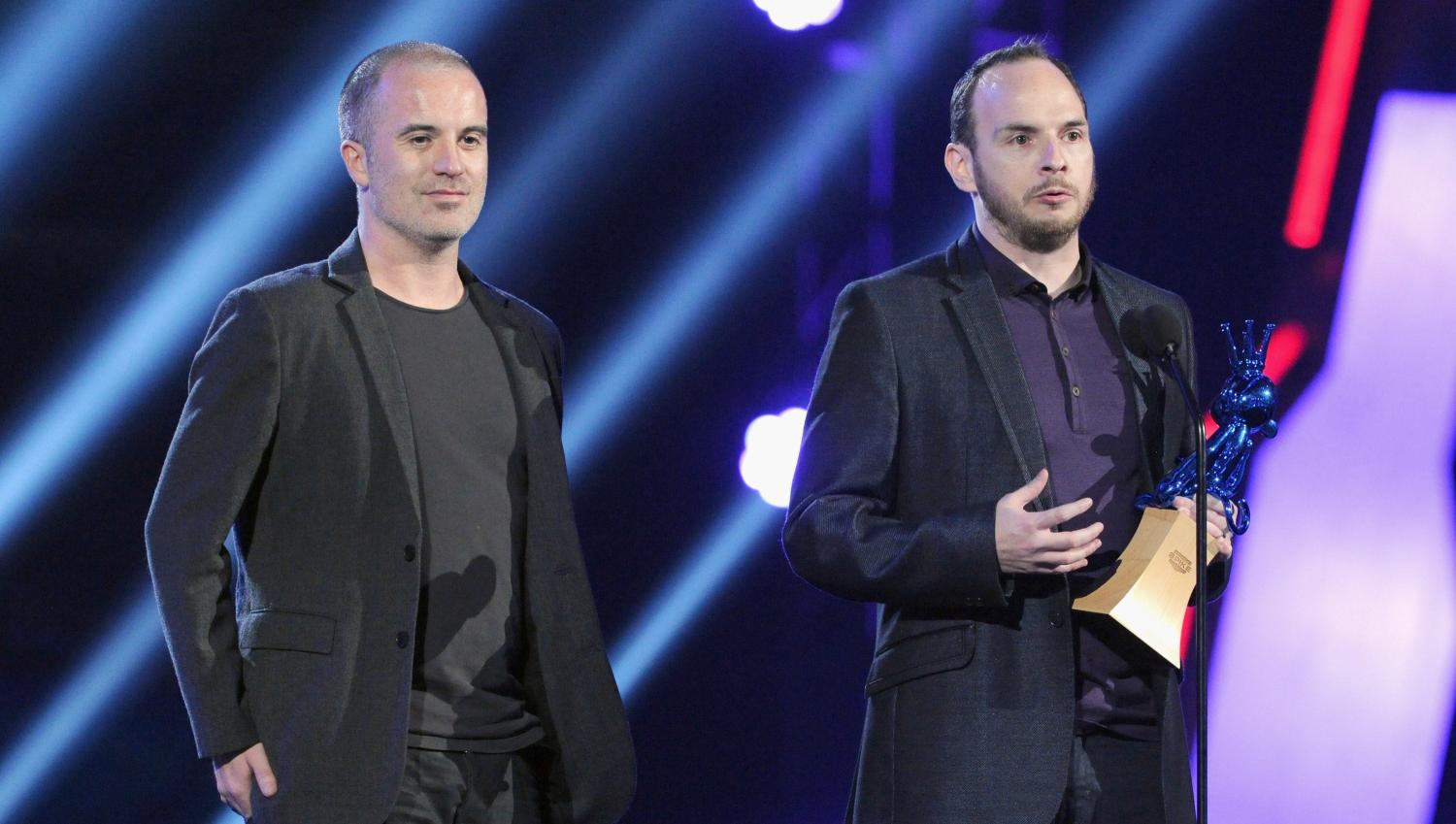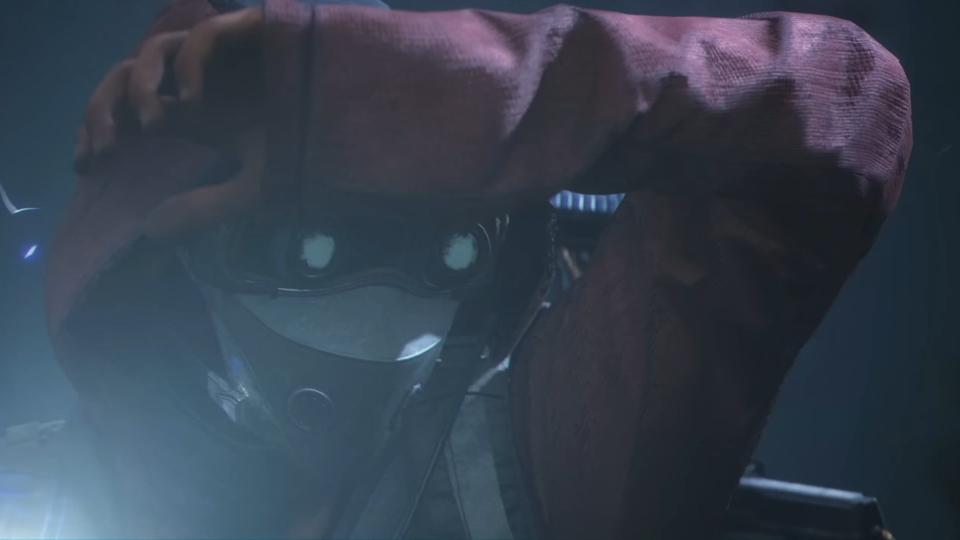Gamers everywhere have long attributed the famous adage "A delayed game is eventually good, but a rushed game is forever bad" to Nintendo's Shigeru Miyamoto, but recent investigations suggest this might not be the case. Current research indicates that the phrase possibly originated from Origin Systems in the '80s, known for their Ultima and Wing Commander series. Siobhan Beeman, a former project director at Origin, is credited with a similar quote dating back to 1996.
The discussion around this quote has resurfaced following a 25th Anniversary Documentary for Half-Life, where Valve co-founder Gabe Newell echoes the sentiment, stressing that while a game may be late only temporarily, a bad game is bad forever. The original attribution to Miyamoto might stem from a 1998 article in Next Generation magazine praising Nintendo's dedication to quality, possibly mistaking the mantra as directly coming from Miyamoto himself.
This revelation prompts us to reflect on the pressures of game development and the importance of taking the necessary time to ensure a game's quality before release. The industry maxim emphasizing quality over speed still holds significant relevance as discussions about development cycles continue in gaming communities.
As gamers anticipate high-quality releases, this newfound knowledge serves as a reminder that the provenance of wisdom can be as elusive as the development process itself. What remains constant is the collective agreement on prioritizing a game's quality, a sentiment that continues to shape the future of gaming.










Comments
No comments yet. Be the first to comment!